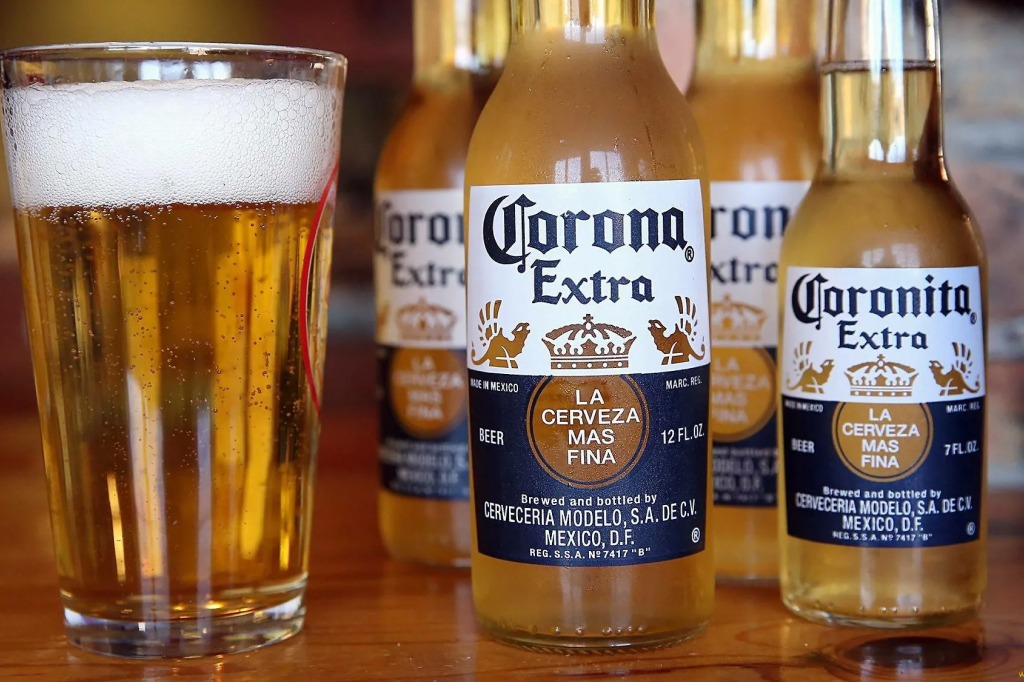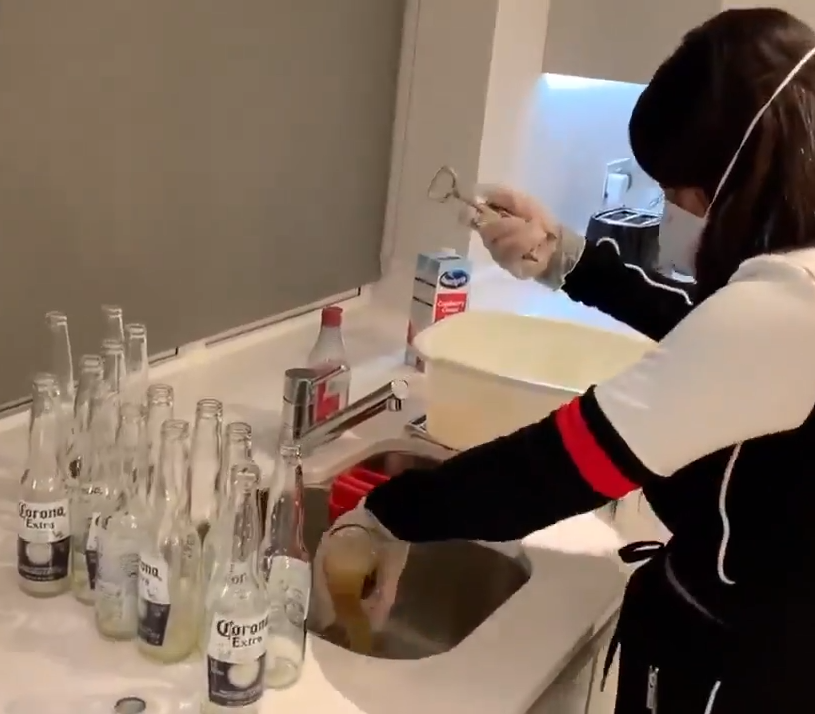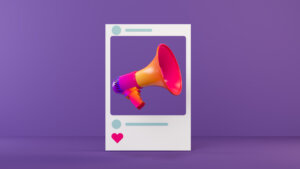The Scape Goat Brand of 2020

Corona Extra — The Scapegoat Brand of 2020
Let’s begin with Corona (Beer).
Corona Beer is a well-known alcoholic beverage worldwide, although it is mostly consumed in Europe and America. Corona is a pale-looking lager produced by Mexican brewery Cervecería Modelo and owned by Belgian company AB InBev.
The name of the beer was reportedly inspired by the crown on a church in Puerto Vallarta, a resort town on Mexico’s Pacific coast. “Corona” in Latin means halo or crown, and that’s how the beer brand got its name in 1925.
The Coronavirus Pandemic and Corona Beer
Coronavirus belongs to a family of viruses having spikes which include the SARS and MERS viruses. They got their name from resembling little crowns.
The Coronavirus (COVID-19) epidemic that originated from Wuhan China in 2019 has no connection whatsoever with Corona lager beer.
Yet, Google searches have been trending for search queries such as “Corona beer virus” and “beer virus.”
Some mischievous internet users also started polluting the internet with memes and videos linking the beer to the virus.
For example, Jen Davies was seen in a video emptying the contents of Corona beer bottles down the sink because she is “trying to get rid of this virus in their house.” 👇
Subscribe for updates

Jen Davies as seen in a video emptying the contents of Corona beer bottles into a sink.
More Similar Examples
We have seen cases where a company has “carelessly” adopted a trade name with an unpleasant meaning in another language or dialect.
Here are just a few examples:
- Ford launched its Ford Pinto automobile in 1971 before learning that in Brazil, “Pinto” meant a small-sized male genital. “Pinto” is a relatively unworthy name for a car model that sold so well in Europe, so they eventually had to rename it to Corcel in Brazil.
- A food manufacturer based in Britain excitedly launched its “Bundh” Curry Sauce before learning that “Bundh” meant butts 🍑 in Punjabi (relating to the Punjab community in India).
- India’s largest car company, Tata, announced its Zica car, an abbreviation of “zippy car,” but had to rename it to Tiago, the Portuguese name for James, because of its possible incorrect association with the Zica virus.
- The Chevrolet Nova or “Chevy Nova” could be translated as “no go” in Spanish, which reportedly had a negative impact on sales in Spain.
Unfortunate Events
Some brands have been linked to an unfortunate event despite having no connection to it. All because of a similarity with the brand name. For example:
- Isis Pharmaceuticals irresistibly changed its name to Ionis Pharmaceuticals in 2015 because of the rising popularity of ISIS terrorism in the media.
- A PR and events agency in Edinburgh named Tsunami decided to undergo a renaming process following the 2004 Indian Ocean disaster.
- Tylenol was banned in several states in the US after capsules laced with potassium cyanide killed seven people in the Chicago area in 1982. Johnson & Johnson, the manufacturer, recalled over 31 million bottles of Tylenol capsules — A move that saw the company spend more than 100 million USD ($100m) at the time. They did a complete product rebranding before reintroducing the product into the market.
- An appetite suppressant named Ayds in the 1970s reportedly suffered a huge drop in sales in the 1980s, no thanks to the AIDS crisis.
What to do to protect your brand
It’s largely not your fault, alright? but what can you do to protect your brand in a situation where your brand’s equity is under threat by an otherwise unrelated circumstance? Regardless of the strategy employed, there no guarantee that your brand would ever recover. However, some brands have managed to come back and claim a higher market share post-crisis.
An example is Johnson & Johnson, which was once known for consumer products like baby shampoo and band-aid bandages. It has now become a pharmaceutical giant.
At the start of the new millennium (2021), a whopping 45 per cent of sales had come from prescription drugs alone, up from just 18 per cent before the Tylenol crisis in 1980.
In 2021, Johnson & Johnson was granted the rights to commercially produce and market the Janssen COVID-19 Vaccine under its pharmaceutical arm, Janssen Pharmaceuticals.
The vaccine was even marked safe by the World Health Organization.
What a comeback!
Your own approach towards this issue may depend on the following factors;
- Your trademark’s existing mindshare (or public recognition)
- The number of people who inadvertently connect your brand name to the disaster, and
- The intensity of the effect on your sales or reputation.
Here are a few of the strategies you might consider, but you should be decisive in your approach before things spin irreversibly out of control:
- Do nothing (Although not recommended.) Wait it out until everything blows over
- Make major changes to the product packaging to counter the problem
- Start an advertising and publicity campaign to inform consumers of your brand’s position in the event.
- Send take down-notices to internet service providers (or ISPs) aiding the misleading videos or websites
- Report it on social media and charge your loyal fans to do the same
- Send official complaints to misguided media outlets asking for corrections
- Submit to major newspapers editorials explaining the facts
- If everything fails and you still sense a serious loom, change your brand name.
Need one-on-one brand advice? Book a session by contacting us. Charges may apply.








